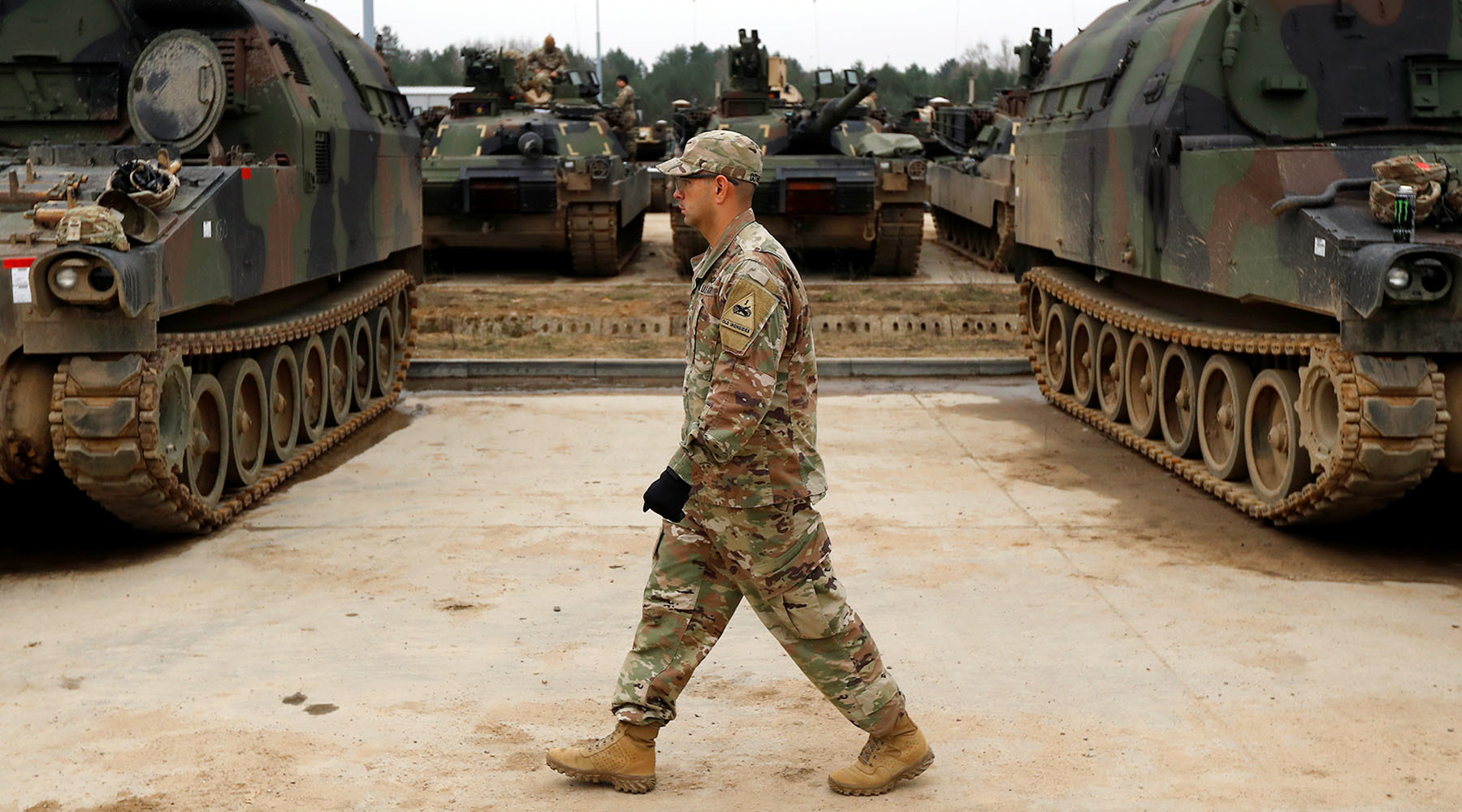Russian President Vladimir Putin said that the Russian side considers the presidential elections in Belarus valid.
"We proceed from the assumption that the elections have taken place," RIA Novosti quotes him as saying from the announcement of an interview on the air of the Russia 1 TV channel.
The Central Election Commission of Belarus summed up the results of the presidential elections on August 14. According to the published data, the current head of state, Alexander Lukashenko, won with 80.1% of voters (4,661,075 people). Second place was taken by Svetlana Tikhanovskaya, who received 10.1% of the votes (588,622 people).
After the publication of the preliminary results of the elections in Belarus, large-scale protests began. The protesters demanded Lukashenka's resignation from the post of head of state and the holding of new elections. The members of the Coordination Council formed by the opposition demanded the same.
In the first days of the protest actions were accompanied by clashes between the security forces and demonstrators, but later the speeches of those dissatisfied with the results of the elections began to take place peacefully.
The European Union, in turn, announced that it did not recognize the results of the Belarusian elections and announced sanctions against “a significant number of those responsible for the violence in the republic and electoral fraud”.
On August 28, President of Belarus Alexander Lukashenko expressed the opinion that the situation in the republic is stabilizing and the time is coming to deal with economic issues.
“So that we don't have disputes: this orgy is ending, we need to deal with the economy,” he said.
Later, Deputy Prime Minister of Belarus Igor Petrishenko said that opposition-minded citizens "got lost." According to the politician, they should be helped to return to the "human track".
In an interview with RT correspondent Konstantin Pridybailo, the Belarusian deputy prime minister said that there is "a certain category of people in the country, who are much smaller and who were not satisfied with some personal ambitions." As Petrishenko explained, these people are under the influence of "information networks" that have found "weak links", including among the youth.
“I think this period will pass and people will return to their normal state, and the society that we had will continue to exist,” the Deputy Prime Minister of Belarus summed up.
The situation near the borders of Belarus
NATO said that the current exercises in the Baltic region are planned earlier and have nothing to do with the situation in Belarus. Recall that in mid-August, Alexander Lukashenko instructed the Ministry of Defense of the republic to monitor the movement of NATO troops in Poland and Lithuania and "not be shy" to withdraw the armed forces and equipment to the directions of their movement.
The alliance, in turn, said that the maneuvers in the region are defensive in nature.
“As the Secretary General has already explained, NATO remains vigilant and ready to protect all Allies. Our deployment in the Baltic region on the territory of NATO allies is defensive in nature and preceded the crisis in Belarus, ”RIA Novosti quoted NATO spokesman Oana Lungescu as saying.
She said that the Alliance is showing transparency with regard to exercises and training processes that are planned well in advance.
- Reuters
- © Kacper Pempel
"Like, for example, deploying (reconnaissance and guidance. - RT ) NATO AWACS to support (fighters. - RT ) US and Polish F-16s during exercises," she said.
We add that earlier the Secretary General of the Alliance Jens Stoltenberg spoke about the absence of a threat from NATO.
However, Lukashenko again spoke about the situation on the western border of the republic, comparing it with the situation in the Soviet Union before the Great Patriotic War. During a visit to the Vitebsk region, the head of state said that then “the Soviet army was lulled, and in the end it was not ready to repel the aggression”.
“I studied history well and I know it. Therefore, I draw conclusions. It was a lesson for me. Therefore, I had to bring half of the army into full combat readiness and deploy, surround Grodno in fact, so that they would not look at this pearl of ours, "Sputnik Belarus quotes him.
Along with this, Lukashenka urged residents of the republic not to worry, stressing that these are his problems and he will solve them.
“But here (in the localities - RT ) you have to solve the problem, because we will lose all this wealth that we see now,” the Belarusian leader concluded.

